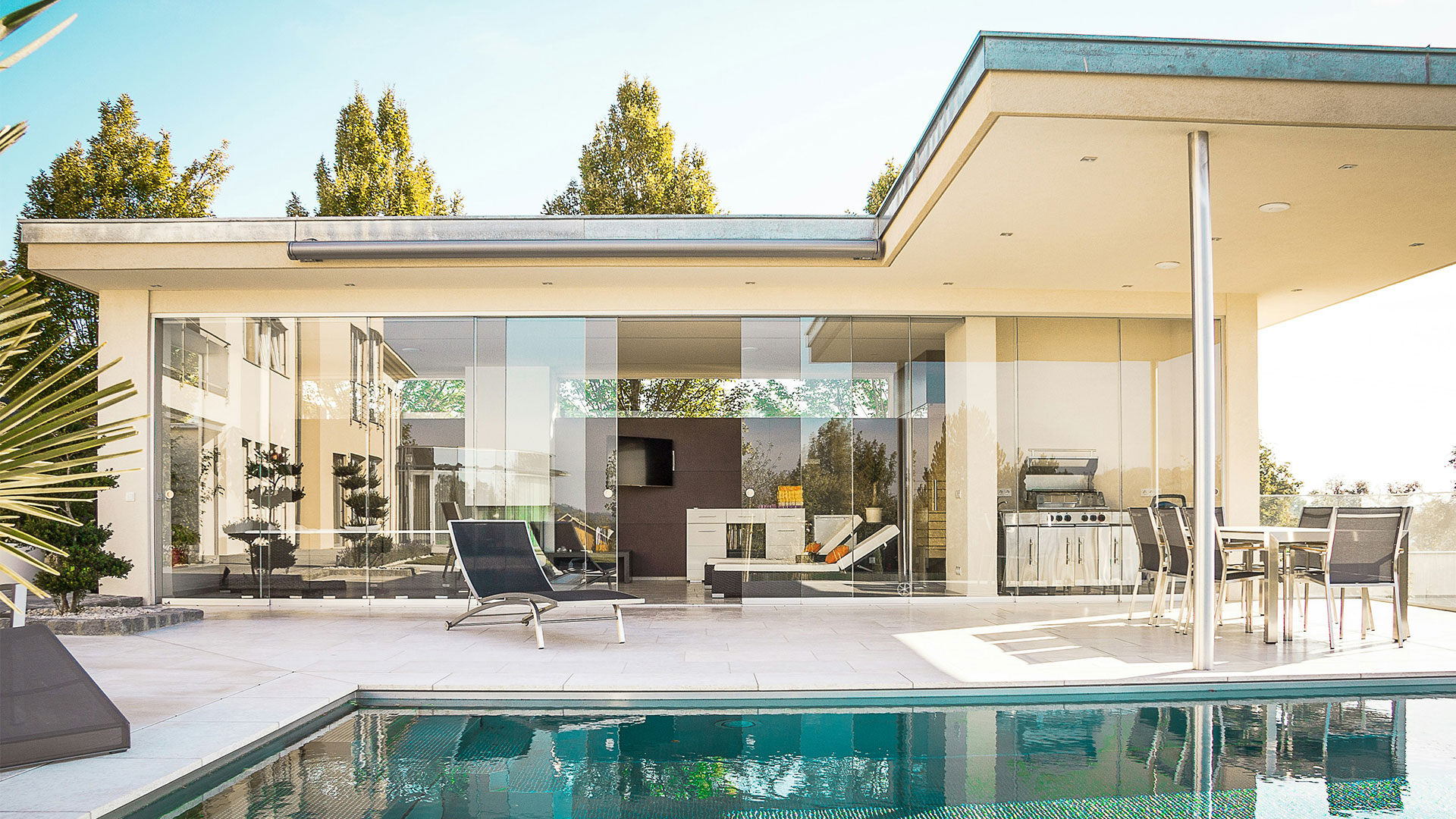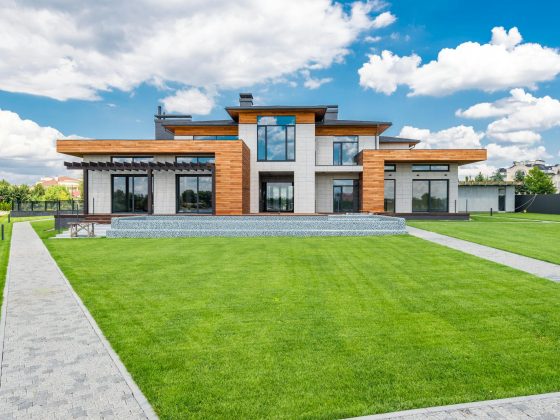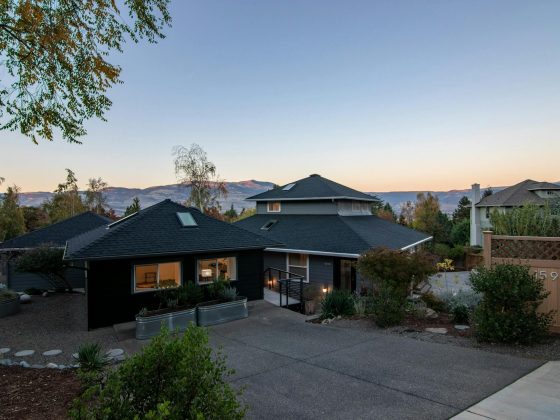The short-term rental industry has grown exponentially in recent years. Platforms like Airbnb and Vrbo have made it easier than ever for homeowners to generate income from underutilized spaces. However, effectively managing these types of properties brings unique challenges. This article shares key insights for owners looking to start or optimize their short-term rental business.
Preparing Your Property
Taking the time upfront to ready your space for guests and streamline operations will pay dividends down the road. Consider how to facilitate easy turnovers between bookings and limit daily upkeep needed. Ensure all amenities and technology needed for a comfortable stay are provided and in working order. It also helps tremendously to compile detailed cleaning checklists and stock proper supplies for your cleaners. Being organized from day one alleviates stresses as reservations roll in.
Pricing Strategically
One of the biggest factors in profitability is pricing your property competitively based on local demand trends and seasonal fluctuations. Avoid just matching rates of comparable listings in the area. Instead, use dynamic pricing tools to set customized daily prices based on predictive algorithms and occupancy data. This helps secure bookings during slower periods without unnecessarily sacrificing peak season earnings. Staying on top of events and holidays in your area to run targeted promotions also helps drive more reservations.
Streamlining Operations
Given the quick turnarounds, developing efficient systems for cleaning, maintenance, and restocking between guests is paramount. Create structured processes for cleaning crews to turnover the property quickly and consistently. Identify local handymen you can rely on for common fixes or improvements needed in between bookings. Consider supply subscription services for routinely depleted essentials like coffee or toiletries. The less time spent on daily operational “busy work,” the more hosts can focus on providing great hospitality and growing the business.
Monitoring Metrics
While time-intensive on the front-end, short-term renting becomes more passive if optimized properly. Make sure to monitor key metrics like occupancy rates, daily rates, 5-star review rates, overhead costs and net income over time. Tracking both financial and operational KPIs in dashboard software helps identify issues areas as well as opportunities to boost performance. Listen also to guest feedback and address any consistent complaints around amenities, cleanliness or location conveniences. Regularly assessing metrics and reviews enables hosts to make tweaks towards maximizing profitability and experiences.
Leveraging Technology
Advancements in smart home technology have produced innovative solutions to simplify short-term rental management. Investing in these types of devices and platforms can greatly alleviate daily responsibilities and headaches for hosts.
Smart locks allow remote check-ins/outs so owners don’t have to physically meet every guest for key exchanges. Guests simply access unique door codes created for their booking. This also ensures cleaner transitions between stays.
Security cameras provide peace of mind while away and help resolve liability questions if incidental damages occur. Smart sensors also notify owners of pipe leaks, power outages or other technical issues to prevent bigger problems.
The short-term rental market provides a lucrative opportunity for property owners, but host success requires some effort upfront and consistent optimization over time. Follow these tips to setup your rental business for sustainable growth and income. With the right foundation, your property can deliver great value for years to come to both guests and your bottom line.
Image Source: pexels.com








